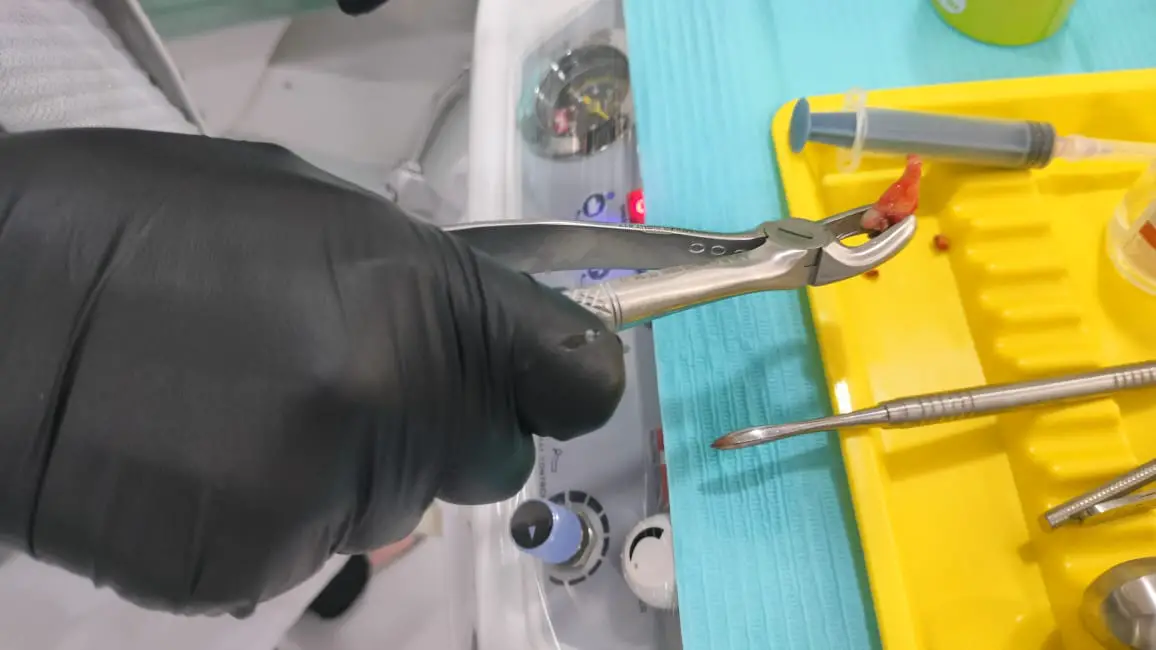
Table of Contents
ToggleTooth Extraction & Dental Sealants– Align & Smile Dental Care NOIDA
If you have any questions or concerns about the tooth extraction procedure, please do not hesitate to contact us at Align & Smile Dental Care. Our dental professionals are always happy to assist you with any queries you may have.
TOPICS
Tooth Extraction – Align & Smile Dental Care NOIDA
The Tooth Extraction Process
Breaking Tooth in Parts -Sectioning a Tooth
Tooth Care After Extraction
Sealants in Dental Care
Align & Smile Dental care J 45 Sector 18 Noida
OUR DENTAL SERVICES
Tooth Extraction
Align & Smile Dental Care is a renowned dental clinic located in the city of NOIDA. Our clinic is committed to providing the highest quality of dental care services to our patients. We understand that dental procedures, such as tooth extraction, can be intimidating and overwhelming for some patients. Therefore, we, at Align & Smile Dental Care, ensure you have a seamless and stress-free experience.
Our team of experienced and skilled dental professionals employs the latest advancements in dental technology to ensure that the tooth extraction procedure is performed as smoothly and swiftly as possible. We use state-of-the-art equipment and techniques to ensure that you are comfortable and pain-free throughout the entire process. Whether your tooth is infected, damaged, or overcrowded, we will ensure that the tooth extraction is safe, effective, and hassle-free.
We also understand the importance of aftercare instructions in ensuring a healthy and speedy recovery. Therefore, our dental experts provide detailed aftercare instructions that will be tailored to your specific needs, ensuring that you heal quickly and comfortably.
If you have any questions or concerns about the tooth extraction procedure, please do not hesitate to contact us at Align & Smile Dental Care. Our dental professionals are always happy to assist you with any queries you may have.
The Tooth Extraction Process

The process of tooth extraction, although routine, involves a detailed and complex procedure that requires the expertise and knowledge of trained dental professionals. Initially, a thorough assessment of the patient’s dental health is carried out to determine the need for tooth extraction and measure the extent of the damage or decay. After this initial step, the dental professional will recommend a suitable type of dental anaesthesia – either local or general – to ensure a comfortable and pain-free experience for the patient. Depending on the complexity of the extraction, the dental professional may need to make a small incision in the gum tissue to access the tooth. The extraction itself, however, is generally swift and relatively painless. After the extraction, the dental professional will insert a gauze pad into the area to prevent bleeding and promote healing. The patient will be provided with pain medication and instructions for post-operative care, which must be followed carefully to avoid complications like dry socket or infections. Overall, tooth extraction procedures require precision and attention to detail for optimal results.
Breaking Tooth in Parts -Sectioning a Tooth

Sectioning a tooth refers to a dental procedure commonly used to remove a tooth that has broken into parts. The process involves slicing the tooth into sections using a dental drill or other specialized tools. This technique allows dentists to take out the affected tooth or tooth fragments without damaging the surrounding teeth or gum tissues.
The sectioning of a tooth may be recommended when a tooth is severely damaged, cracked, or decayed, and cannot be removed in one piece. It can also be beneficial for minimizing trauma and discomfort during tooth extraction procedures. Dental professionals will use their expertise and professional judgment to determine if sectioning a tooth is necessary, and if so, how to do it safely and effectively.
Overall, sectioning a tooth is an important technique that dental professionals use to ensure patients receive proper dental care in a minimally invasive way. Patients can feel more confident and comfortable knowing they are in the hands of professionals who use the latest dental technology and techniques to treat their oral health conditions.
Tooth Care After Extraction
After a tooth extraction, it’s important to take care of the area to prevent any complications. This includes avoiding hot beverages and hard, crunchy, or sticky foods for the first few days. Rinsing with warm salt water several times a day can help keep the area clean and promote healing. It’s also important to avoid smoking or using tobacco products, as they can delay the healing process and cause further complications. In addition, any pain or discomfort can be managed with over-the-counter pain medications or prescription medication as directed by your dentist or oral surgeon. If you experience any excessive bleeding, swelling or severe pain, contact your dentist or oral surgeon immediately. Following these steps can help ensure a smooth and successful recovery after a tooth extraction.
When a blood clot forms after an extraction, it is essential to ensure that it remains in place and is not disturbed in any way. Avoid doing anything that could potentially dislodge or dissolve the clot, such as forcefully rinsing, sucking on straws, smoking, drinking alcohol, or brushing your teeth around the extraction area. By following these precautions for at least 72 hours, you will help guarantee that the healing process is not hindered by the removal of the clot. Additionally, it is recommended that you limit intense physical activity for the next 24 hours to prevent an increase in blood pressure which could lead to more bleeding from the extraction site. By taking these measures to maintain the integrity of the clot, you will help to ensure the best possible outcome for your healing process.
Sealants in Dental Care

